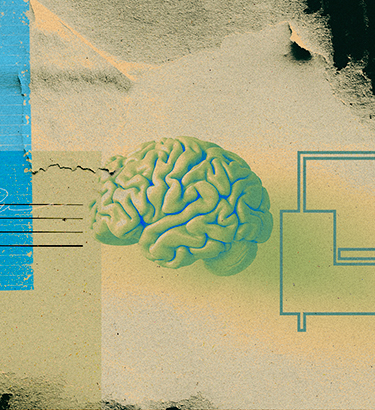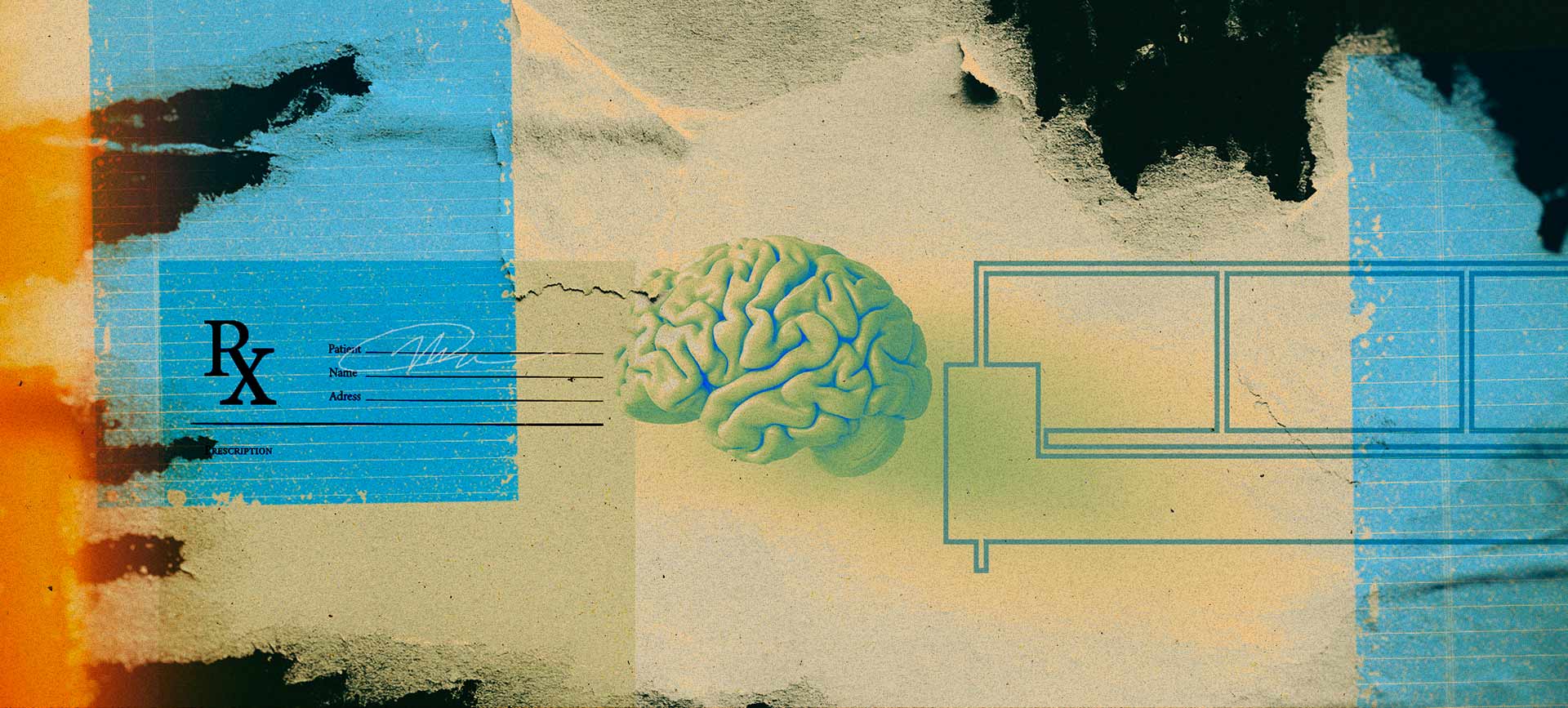Blair: I started my clinic almost a decade ago, so I've been doing clinical work outside of Stanford for a decade. I went to Stanford for graduate school. I've been seeing patients since 2007. During my first year of graduate school, I kind of happenstanced on a workshop on sexual health. I was astonished to learn 1 in 2 women and 1 in 3 men have some form of sexual dysfunction. I was even more astonished to learn how effective treatment was. And so, that first year of graduate school, I was training as a clinical psychologist but I decided in that light-bulb moment that this is what I am going to dedicate my life to.
In my third year of grad school, I was kind of forced to do a rotation at a sleep clinic, because while you're training, you don't really have a choice in terms of what your subject matter is. So I did a rotation in the sleep clinic and got addicted. We were doing nonpharmacological interventions, so behavioral medicine, and [patients] would come in just ill, looking green from not being able to sleep. In just a few weeks of treatment, they were pink and plushy and doing much, much better.
I ended up getting boarded [certified] in sexual health and sleep medicine. Those are my two specialties. When people come to see me, usually it's a couple that has some kind of erotic disconnection or a couple that wants to get pregnant but they can't have intercourse because of sexual dysfunction. Or [it's] a couple that's been partnered for a long time and they've just lost their way with one another and libido has gone down over time. Those are the kind of people who seek out my treatment.
Same with sleep; people who have insomnia, maybe they've tried medication, maybe they don't want to be on medication anymore and maybe they want a nonmedication solution for sleep. This is something a lot of people don't know about psychologists. There are subspecialists who subspecialize in not just doing therapy for depression, anxiety or stress. We certainly do a lot of that, but we also specialize in behavioral medicine. So people who don't want to be taking medications can seek out alternative therapies for that.











